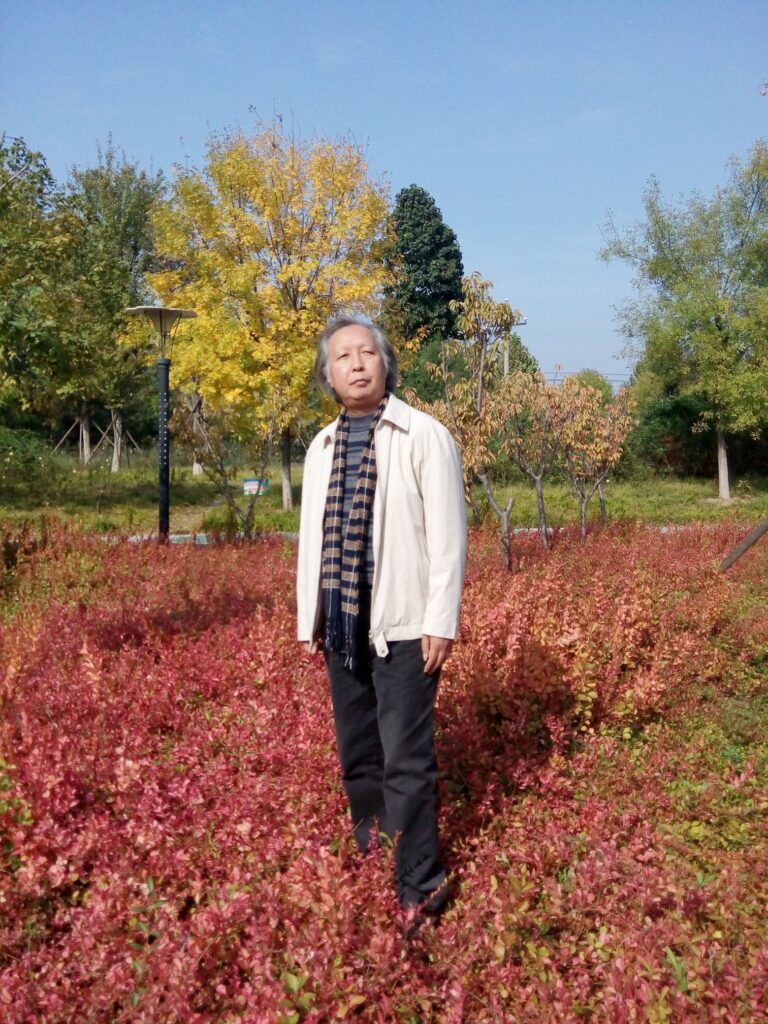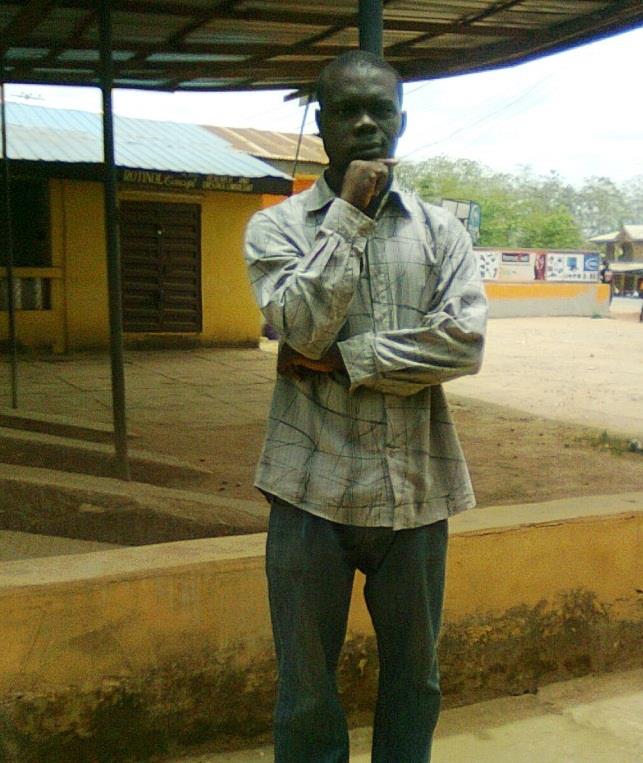A Tale of Two Restaurants
It was the best of meals it was the worst of meals, it was the age of
facts, it was the age of misinformation, it was the era of the big lie,
yet the era of political correctness, it was the blight of Covid, it was
the hope of Pfizer. We had nothing ahead of us, except an open
road, for good or for evil, a road of superlative boredom through the
central valley of California. Heading up the Grapevine we
approached the off-ramp to Lebec, a small community nestled in the
arid hills of Tejon pass. I reserved a night at the local Holiday Inn to
break up the tedious drive to San Diego from the San Francisco Bay
Area. The arid hills were scorched black along one side of the Frazier
Mountains. Some months earlier a fire blazed its way across the
landscape narrowly missing the business district next to Highway
five.
The hills were sparsely scatter with homes of various
construction, many of which looked pieced together from material
bought at a Home Depot outlet. Here and there sat trailers set upon
cinder block foundations, while others were left sitting on their
wheels, unhitched from their vehicles. Rusted old cars and pickups
lay dead in front of some residences, like some yokel yard art. An
aura of rural poverty permeated the area. A poverty gleaned from the
empty IRAs and meager union benefits of retired blue collar folk. The
inn sat just off the highway next to several commercial buildings.
Across the way, a large gravel lot held several semis, some with
trailers attached. The place was obviously a truck stop used by a
number of long haulers.
The spitting image of Colonel Armstrong Custer greeted us at the
front desk. He sported long golden hair with a curling handlebar
mustache, and wore a western style shirt complete with a bolo tie.
Before going to our room, I asked about places to eat. He thought for
a moment while twisting his stash with his tobacco stained fingers,
and indicated that eating establishments were sparse, but that there
was a Chinese restaurant and a Mexican restaurant just up the road a piece.
After unpacking, we walked to the Mexican Restaurant we had
passed on our way to the inn. The restaurant, Los Pinos, sat alone
on a large gravel lot with no landscaping around it other than a couple
of ragged evergreens flanking the wooden entry. The front wooden
steps were shrouded by a torn green canvass canopy. Several picnic
tables took up a number of parking spaces in the crumbling asphalt
lot next the building, a nod to outside dining during the Covid
pandemic. The interior was simply decorated with a few tourist
posters of Mexico hanging on the walls of painted wood paneling.
Smears of film left from poorly rinsed rags smudged their surface.
Plastic faux Tiffany style lamps hung from the ceiling, as well as a
couple of drooping diseased succulents in green plastic pots.
Seating consisted of scratched and stained lacquered wooden tables
and chairs, and several booths with worn green vinyl covered seats.
My wife and I settled into a small booth, and perused the
surroundings as we waited for the waitress of come by. We surmised
the place was pretty functional, and wondered about the quality of
the food. Although, some pretty good Mexican eats sometimes come
out of the kitchens of local dives. We kept our fingers crossed.
The waitress, a tall woman in her 40s, dressed in a well worn, and
food stained print dress, greeted us, and handed us a couple of
plastic coated menus. She was about to leave when we asked if we
might have something to drink before we ordered. She turned back
toward us, and noted that the beverages were on the back of the
menu. Along with the traditional assortment of beers, which looked
as if it was initially listed with no changes since 1960, the wine list
consisted of only a couple of cheap brands. My wife stated that she
wanted the chardonnay, to which the waitress replied, “The red or the
white.” Being that we were consummate wine drinkers with a number
of Napa Valley Winery memberships, we were both taken aback by
her request. My wife, holding back a smirk, immediately said, “The
white.” I opted for a Negro Modelo.
A short time later, the waitress brought a glass of wine and a bottle of
beer with a lime wedge stuck into the top. I guessed that the local
custom was to chug it directly from the bottle. Nevertheless, I asked
for a glass. She gave me a look as if I were asking her to do
something out of the ordinary. She later brought me a cold glass for
my beer, along with some corn chips and a small bowl of salsa.
Scanning the menu, we recognized a variety of familiar Mexican
dishes including Taquitos, flautas, chimichangas and tacos. We had
to flag down the waitress, who seemed to forget we existed. We
placed our orders and quietly waited for the food to arrive. Within
about 20 to 30 minutes, the waitress brought out food. It was served
in a styrofoam box. Our utensils were small plastic forks and knives
sheathed in plastic. Aside from the rather basic nature of the service,
the food was okay, and we enjoyed the meal.
As we ate, a heavy set man in work shirt and jeans sat at a table next
to us. He gave us a nod of recognition, opening a gap of congeniality
between us. He shared that he frequented the restaurant on many of
his truck hauls between San Francisco and Los Angeles. We
commented on the rather expedient serving ware used by the
restaurant, to which he smiled, and revealed that this was typical of
the place, dispelling any notion we had that it was an altruistic health
concern on the part of the owner. Following dinner, we headed back
to the inn for a good night’s rest.
The evening after our arrival in San Diego, my brother and sister-in�law took us to Adelaide restaurant at L’Auberge Del Mar. We
approached the restaurant along a curving cobbled driveway,
culminating in a round cul-de-sac laid out before the front entry to the
restaurant/hotel. We were immediately greeted by a valet, who
opened the doors to our sedan, and assisted us out of our seats. My
brother-in-law David, gave the valet the keys, as we walked beneath
the high pointed and wood beam archway towards the front glass
doors. Our car was quickly whisked away to some secure parking
area to await our return. Approaching the doors, a young gentleman
reached from behind it, and cleared the way for our arrival. We let
him know we had reservations for dinner. He pointed us to the
hostess’ dais across the room. We were a bit early, but hoped we
might get a seat at that moment. The hostess, an attractive,
impeccably made up woman, wearing a slender black, short sleeve
midi, told us that we would have to wait a few minutes, as all the
tables were taken, but one would be available soon.
The four of us headed to the bar just off to the left to grab a drink as
we waited. Looking about, the restaurant had an aura of casual
luxury. The decor was modern chic, with walls of ecru, accented by
light colored exotic wood. Professional photos of local seascape
scenes were hung on the walls, highlighted by soft lights attached to
the upper frames. The staff, dressed in casual evening attire, flitted
quickly back and forth, eager to please their customers. After a few
sips of my delicious Negrone, the hostess came to us, and asked us
to follow her to our table. Once seated, she handed us our menus,
noting that our waiter, Ken, would soon arrive to take our orders. We
sat outside, just beyond the eave of the building. We had a view out
over the hotel pool and outdoor lounge area. In the distance,
between two trees flanking the deck, the Pacific Ocean spread out to
the horizon. A few clouds hovered, beginning to turn orange-pink as
the sun was about to set. Beautiful people occupied the tables
around us. Handsome men with touches of grey sat across from
younger women with exposed shoulders, and seductive cleavage.
Obviously, the place was a weekend stopover for fleeting romantic
trysts.
A short time later, our waiter arrived. He introduced himself, and
asked if we wanted drinks before dinner. The beverage menu held an
array of cocktails, beers and wine for us to choose from. After a long
pause, Ken offered to give us his recommendations. However, we
finally decided on our drinks. Knowing my wife’s preference for white
wine, and Pinot Grigio in particular, I ordered her a wine from the
Veneto in Italy. As for myself, I asked for a Brandy, indicating that
after I decided on my meal, I would order a wine. Upon the drinks
arrival, crystal stemware caressed the brandy and wine in their
appropriate bowls.
The food menu offered a selection of raw and warm plates, as well as salads for starters. Raw bites ranged from Baja oysters to beef
tartare, while delicacies from the warm menu included, but was not
limited to crispy octopus and sprouted lentil cakes. Italian Burrata
and achiote roasted carrots were included on the salad menu. Main
courses consisted of several meat and fish dishes such as grilled 45
day aged rib eye, or Black Cod.
The server was very attentive, checking in every so often to make
sure we were fully satisfied. Once ordered, the main courses came
within a reasonable time, served on white stoneware plates edged in
dark brown trim. Utensils consisted of polished stainless steel. We
spent the evening in leisurely dining, and casual conversation, as we
watched the green flash of sun set in the distance. For dessert, I
shared La Vina Cheesecake, accompanied by a cup of double
espresso.
After paying the bill, and leaving a gracious tip, we slowly sauntered
out to the entry. Recognizing us, the valet grabbed the keys from the
rack beneath the podium, and let us know he would be right back
with our car. Within a short time the white sedan arrived before us.
David tipped the valet before entering the drivers seat. We circled
around the center flower plot of the cul-de-sac, and headed back to
San Diego with full bellies and sated taste buds. It was a far, far
better thing that we did this night, than we did the night before.



